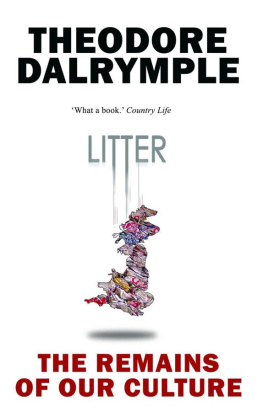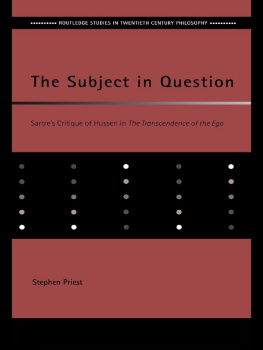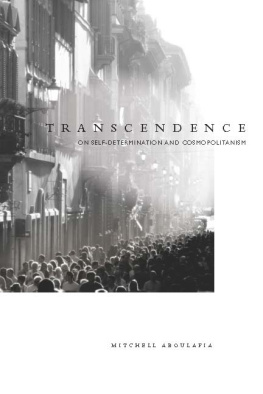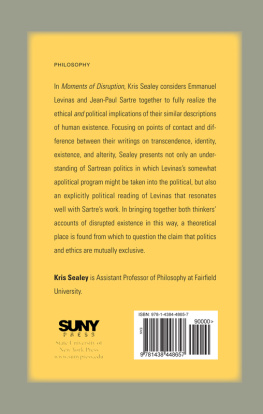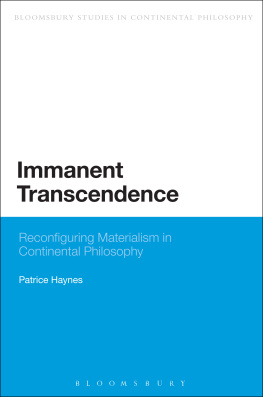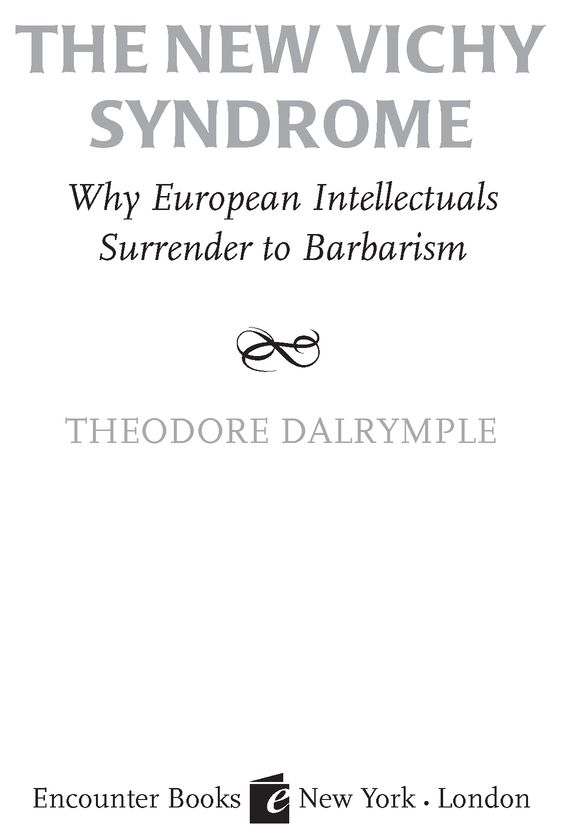Table of Contents
PREFACE
The works of man from dying we may save,
But man himself moves onward to the grave.
GEORGECRABBE, 1823
Were we, the old connoisseurs, those who revered Europe as it used to be, of genuine music and poetry as once they were, nothing but a pig-headed minority suffering from a complex neurosis, whom tomorrow would forget or deride? Was all that we called culture, spirit, soul, all that we called beautiful and sacred, nothing but a ghost long dead, which only a few fools like us took for true and living? Had it perhaps indeed never been true and living? Had all that we poor fools bothered our heads about never been anything but a phantom?
HERMANN HESSE, STEPPENWOLF, 1927
Anyone who would be creative must have the self-confidence to plough his own furrow and the humility to accept justified criticism. This, as anyone who has tried it will confirm, is a difficult balance to achieve. Arrogance on the one hand and meek submission to the opinion of critics on the other are twin deformations to be avoided and are in dialectical relationship to one another. It is easy to swing, pendulum-like, between the two.
Likewise, a civilization must be open to outside influences if it is not to become self-satisfied in a state of inanition, but not so open that it can see nothing in its own achievements worthy of preservation. No trick is harder to pull off than to conserve while changing.
Western Europe is in a strangely neurotic condition, of being smug and anxious at the same time, or of veering suddenly between complacency and despond and back again. On the one hand, it believes that it has at last created a social and political system that, give or take a reform or two, is the full and final answer to the age-old question of how man is to live in society. Such serious social problems as persist are not the consequences of its system, but hangovers from the past that can be reformed out of existence.
On the other hand, there is anxiety that Europe is falling behind in a globalized world in which non-participation in the race is not an option, especially for an overpopulated region without sufficient natural resources even to feed itself, let alone live at the high standard of living to which it has become accustomed and the achievement of which it now sees as the main purpose of human existence.
Europe wants, as of right, both security and luxury in a world that neither can nor wants to grant it either. Understanding and denying this at the same time, it looks forward with apprehension but does nothing practical to meet the challenges. It is like the rabbit mesmerized by the stoat: it wishes the dangers would simply go away and not come back again.
But while it fears the future, it hates the past. The reasons are not difficult to discern. There is disappointment that the continent is no longer the center of the world, as it was for some hundreds of years, a position to which it long thought it was entitled; but, in addition, the history of the past century (the twentieth) seems nothing but a catalogue of catastrophe. Let me here quote the classicist Goldsworthy Lowes Dickinson, in his introduction to his popular lectures
Plato and His Dialogues, published in 1931:
I have never met a young man who passed through [the Great War], or grew up after it, who has any belief in progress at all.
The very concept of progress, applied either to the future or to the past, is illusory or nave; and therefore the past is but a prelude to or preparation for the events that exposed the illusion for what it was. And this was before the Second World War, which was the icing on the cake of despair, as it were.
The habit of seeing in the past no gloire, but only whatever leads up to our present discontents, has become general and widespread with the extension of education and the diffusion of information through the media of mass communication. A kind of miserabilist historiography has become the mark of the sensitive and well-informed, proof against any facile optimism about the past. I came across a fine example, almost a reductio ad absurdum, of this way of looking at things in Paris recently, where I picked up a book by the writer Patrick Besson, called Haine de la Hollande.
Besson is a Serbophile, who sees both NATOs war against Serbia and the subsequent trial of Slobodan Milosevic as wrong. As it happens, I agree with him; the war, begun on a lying pretext, by an arrogant ultimatum designed to be unacceptable to its recipient, solved no problem, and was won only by the resort to the very crimes of which Serbia was accused, i.e. the bombing of civilian targets. It also brought about the very ethnic cleansing that it was supposedly designed to stop. As for the trial of Milosevic, it invented a new kind of kangaroo court, one whose summary and pre-ordained verdict took years to arrive at, at an immense financial costa court that made up its procedural rules to suit the verdict as it went along.
M. Besson allows himself to hate Holland, however, because the trial took place in the Hague. His book starts with the following words:
First, the geographical point of view. On the map, it is a ridiculous little piece of cheese gnawed by mice.
It does not even cross M. Bessons mind that the creation of a country that has been one of the richest and freest in the world for hundreds of years might actually constitute a triumph of the human spirit.
Then there is the history:
The Dutch began their career in the history of the world by collaboration with the Romans. They resisted the Franks no better who, indicating by their prescience the intrinsic value of this superior race, quickly judged the Dutch climate disgusting and removed to the south, as far as the Seine, where they felt better.
I wish that I could say that this was all meant ironically, but the book was printed in Serbia; and whatever else one might say about the Serbs, their xenophobia is rarely a matter of irony. Besides, the book continues:
Some distinguished liars have tried to make us believe that there was, from 1600 to 1700, a Dutch Golden Age. It is a grotesque fable. Let us take, for example, Vermeer, the petit bourgeois painter par excellence, capable of spending six months painting a servant pouring some milk. Vermeer is heavy, narrow, empty and even stupid. His poetry has no heart, his intelligence no balls. He is as cold as a condemned man. It is technique put at the service of the void, a sort of of cinematic Hollywood production before its time.
As for Rembrandt, he is no better: morbidly emphatic, nauseatingly grandiloquent.
During the so-called Golden Age, the Dutch took advantage of the lack of liberty elsewhere in Europe to enrich themselves by publishing, in editions of a quality less than mediocre, works forbidden elsewhere (such as Descartes and Laclos, for example).
Here is how a man who describes Belgrade as sacred describes Amsterdam, whose domestic architecture is surely some of the greatest ever produced by mankind:
Amsterdam is a humid death-chamber where the only people who show a bit of life or warmth are the countless African, Asian and Arab prostitutes, drowned in beer or soft drugs. Amsterdam is a nostalgia with neither subject nor object. It lies between softness and death. Adipose civil servants, gouty retirees and stupid tourists wander along its canals in silence which, by their very mediocrity, discourage suicide. Amsterdam smells of French fries, its women, of course, of mussels.



